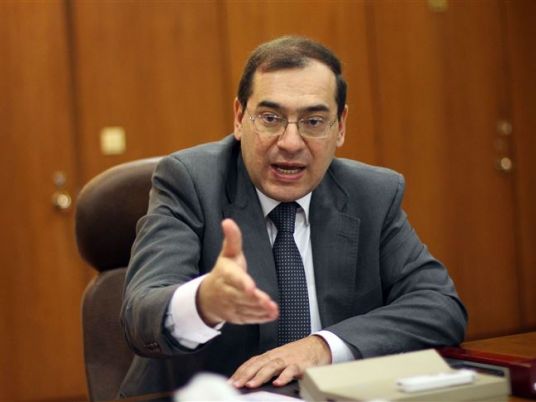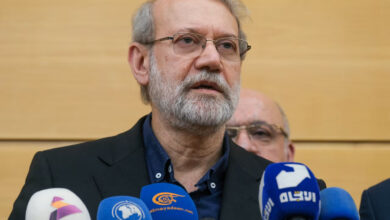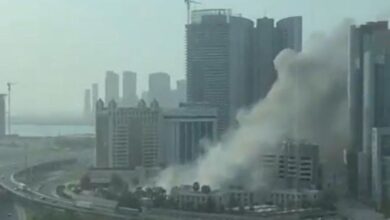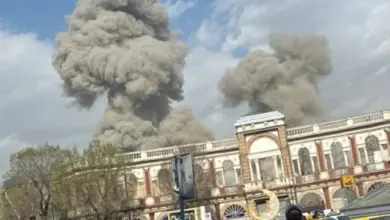
The energy ministers of Cyprus, Greece, Israel, Italy, Jordan and Palestine met in Cairo on Monday to discuss the establishment of the East Mediterranean Gas Forum (EMGF) at the invitation of Egyptian Petroleum Minister Tariq al-Mulla.
The ministers announced that they intend to establish an East Mediterranean Gas Forum (EMGF) to be an international organization that respects the rights of members regarding their natural resources in accordance with the principles of international law and supports their efforts to benefit from their oil reserves and infrastructure in order to secure their energy needs for the well-being of their peoples, according to a statement by the Egyptian Petroleum Ministry.
They added that the large gas discoveries in the offshore fields of the eastern Mediterranean will have a major impact on the energy sector and economic development in the region. They also stressed that the expansion of new discoveries and their optimal utilization will have a profound impact on energy security in the region.
According to the statement, the Eastern Mediterranean Gas Forum will be based in Cairo, Egypt. It added that any of the eastern Mediterranean countries producing or consuming gas and transit countries can join the forum later if they agree to the conditions agreed on between the founding countries.
The ministers agreed that the main objectives of the Eastern Mediterranean Gas Forum will include, among other objectives, the following:
(A) To establish a regional gas market that serves the interests of the members by ensuring supply and demand, optimizing resource development, rationalizing the cost of infrastructure, offering competitive prices and improving trade relations.
(B) To ensure the supply and demand for members while optimizing resource development, ensuring the efficient use of existing and new infrastructure with competitive pricing and improved trade relations.
(C) To strengthen cooperation by creating systematic dialogue and formulating common regional policies on natural gas, including regional gas policies.
(D) To deepen awareness of the interdependence and benefits that can be gained from cooperation and dialogue among members, in accordance with the principles of international law.
(E) To support members who have gas reserves and who are current gas producers in the region to capitalize on their existing and future reserves by enhancing their cooperation with the parties of consumption and transit in the region, taking advantage of existing infrastructure and developing more infrastructure options to accommodate current and future discoveries.
(F) Assisting consuming countries in securing their needs and encouraging their cooperation with the transit countries to develop gas policies in the region, thus enabling the establishment of a sustainable partnership between the actors at all stages of the gas industry.
(G) Ensuring sustainability and environmental considerations when it comes to gas discoveries, production, transportation and infrastructure construction, as well as improving the integration of gas and other energy sources, particularly renewable energy and electricity networks.
They also declared that the forum would welcome other countries or regional or international organizations as observers, and that it would work to communicate with non-member states in a manner conducive to dialogue, mutual understanding and mutual benefit, as required by circumstances.
They agreed that the private sector would have an important role in the East Mediterranean Gas Forum and participate in its activities and its regulatory bodies as part of the permanent gas industry advisory group.
At the end of the meeting, the ministers expressed their sincere gratitude to the government and people of Egypt for the excellent organization and hospitality they enjoyed during the meeting.
Edited translation from Al-Masry Al-Youm




